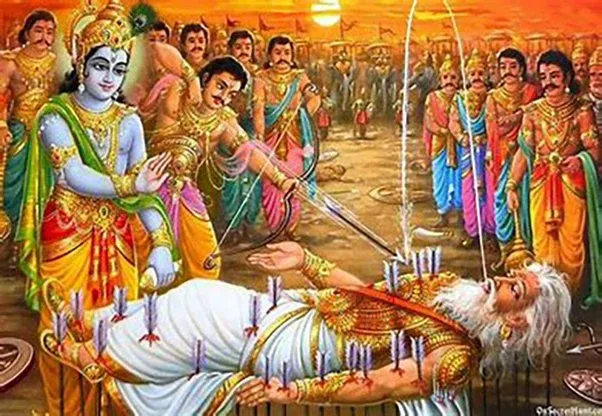Dispassionate Karmayoga reminscient of "Bhishma" of Mahabharat.

Dispassionate karma yoga sounds very weird in the first place. How can someone who lacks passion, yet diligently does his job and adhere to that process?
Many of us talk about mentors, goals, and purpose to maneuver our life, find the right direction, and most importantly give meaning to this life. That's totally fine in a material plane, or in a physical plane; these are necessary.
But not all tasks of life command us to have defined goals, and purpose in life. Life is not Black and white only, it has gray patches as well. And those gray patches may not necessarily be the uninteresting patches of life.
Your strength informs your ability, and that further motivates you to get your life going for a certain purpose and achieve goals in life.
Passion makes someone dynamic, and alive and infuses energy in a social circle. But there will be different types of tasks at hand where you will have gray patches yet you will have to become part of the process with full integrity and dedication.
How many of you would like to partake in a contest or competition with the intention to fail or in a more liberal way, I would paraphrase it as "you are oblivious to the outcome".
In the war of Mahabharata, "Pitamah Bhishma" knew the outcome of the war, he was on the losing side, but the way he was fighting the war was truly a textbook play, his perceived outcome of the war did not make him weak or fragile on the ground. He kept and fought valiantly and with full of energy and passion of a soldier.
During the course of the war, he even disclosed the tricks to the Pandavas so that they could pin him down in the war, and eventually that happened with "Bhishma shara Shajya".
The quintessence of his character in Mahabharata was his dispassionate Karmayoga. On one hand, he was obliged to be a part of that process and execute his valor in the war, he knew he was on the wrong side, he even knew that he was on the losing side, yet all the perception did not come his way to make him weak or fragile. That is dispassionate karma yoga, even when you know the exact outcome, it does not deter you from being a part of the process and does not make you weak or even deter your zeal.
Out of the many characters of Mahabharata, I am touched by the two of them-- One is "Vidur" and the other is "Pitamah Bhishma". Vidur's doctrine is purely a classic realism while keeping "dharma" intact(here dharma is not religion). On the other hand, "Pitamah Bhishma" is characterized by "brahmacharya", "dispassionate karma yoga", and "paying off the debt of loyalty".
क्रमशः .............(To be Continued)
Many thanks for your research and commentary on Mahabharata, the oldest and longest poem in the history of the world, also the source of wisdom for all.
Grandfather Bhisma and Vidura are worshipable, both of them, despite fighting in opposing sides of the battle of Kurukshetra, because they are eternal associates of Krishna.
Best wishes to you from the south coast of Africa.
Jai Sri Radhe Shyam.